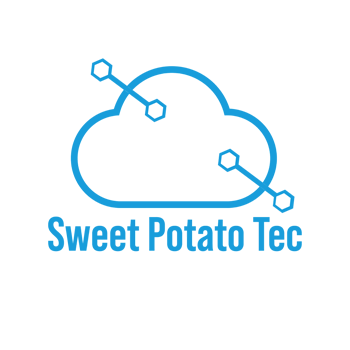Introduction:
Getting started with Salesforce can be a challenge, especially if you’re new to the platform. Preparing for the Salesforce Associate Certification helped me break the ice and gain confidence. I spent around three months learning at my own pace—studying concepts, practicing in a developer org, and gradually building my understanding of the platform. Here’s a breakdown of how I studied, what materials helped the most, and what you can expect on exam day.
Why I Chose the Salesforce Associate Exam
The Salesforce Associate Certification provides a great entryway for individuals who are new to the Salesforce ecosystem. It aims to validate foundational knowledge of the Salesforce platform, making it suitable for beginners or professionals from non-technical backgrounds exploring Salesforce-related roles.
The certification assesses the ability to:
- Understand the core capabilities and value of the Salesforce Customer 360 platform
- Navigate the Salesforce Lightning Experience user interface
- Comprehend data models, standard and custom objects, fields, and basic data relationships
- Work with basic security concepts such as profiles and permissions
- Build and interpret simple reports and dashboards
- Recognize the importance of resources like Trailhead, AppExchange, and the Trailblazer Community
Understanding the Exam Structure
The exam consists of 43 multiple-choice questions that need to be completed within 70 minutes. It is divided into four main domains:
- Salesforce Ecosystem (32%) – Focuses on Salesforce products, use cases, and available resources (e.g., Trailhead, AppExchange, Trailblazer Community).
- Navigation (28%) – Covers the user interface, including navigating Lightning Experience, App Launcher, and Setup.
- Data Model (25%) – Tests knowledge of objects, fields, relationships, and basic record-level security.
- Reports & Dashboards (15%) – Evaluates understanding of how to build, customize, and interpret reports and dashboards.
Resources I Used to Prepare
While preparing, I relied on a mix of official tools and community resources that helped me build my knowledge:
1. Trailhead
This was my go-to resource. Trailhead is Salesforce’s free learning platform and it has a dedicated Salesforce Associate Trailmix that covers everything needed for the exam. Some key modules I went through included:
- Salesforce Platform Basics
- Customer 360
- User and Data Management
- Lightning App Builder
- Reports and Dashboards
Earning badges as I progressed made learning more engaging.
2. Salesforce Developer Edition Org
I created a free Developer Edition account to get hands-on experience. It allowed me to play around with the interface, create custom objects, and explore the real Salesforce environment. This was super useful for understanding how everything connects.
3. Exam Guide
Before diving into deep study, I reviewed the Salesforce Associate Exam Guide. It broke down each topic by weight and gave me a clear picture of what to expect on exam day.
4. Practice Questions and Flashcards
To test my knowledge, I used a few different platforms:
- Websites – Websites like Focus on Force, ExamTopics, Salesforce Ben, and Salesforce Geeks offer excellent, detailed study guides and scenario-based mock tests.
- Quizlet – Provides free flashcards to help review key terms and concepts.
- YouTube Channels – Educational content from creators such as Salesforce Hulk and Sas Guru offer visual explanations of key topics.
The Role of Mentorship in My Preparation
One of the most valuable parts of my Salesforce Associate journey was having the support of a mentor. While online resources and hands-on practice are essential, having someone experienced to guide me made a big difference.
My mentor helped me:
- Understand key concepts
- Clarify doubts quickly
- Gain exam tips, like how to manage time, interpret tricky questions, and avoid common mistakes
Conclusion
Overall, preparing for the Salesforce Associate Certification was a rewarding experience. It gave me the confidence to take my first step into the Salesforce world. With consistent study, hands-on practice, and the right resources, the exam is absolutely achievable—even for beginners.

